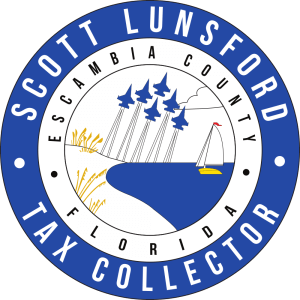But Not in Time for Summer
Beginning October 1, 2013, Florida joins 39 other states that have passed texting while driving bans. Even though Florida lawmakers have passed the ban, Florida law enforcement officers brace for another deadly summer with roadways full of distracted drivers. After all, the new law does not go into effect until October 1…well after this year’s summer driving season.
In summer, more law enforcement officers will patrol roadways watching for distracted drivers. “Our numbers increase during this period of time just because we know the number of motorists is increasing, too. The more people we have patrolling the roads, the better we’ll be,” said FHP Captain Nancy Rasmussen.
More than 2,200 people died in car crashes last year. Law enforcement officers are doing everything they can to lower those numbers. Watching for drivers who text behind the wheel is a top priority of Florida law enforcement. Most agree that catching violators of the law will be a tough challenge.
Law enforcement is not alone in the effort to stop texting while driving. This past year, the National Transportation Safety Board has spent top dollar on prime time TV ads against texting and driving, hoping they have some impact on driving behavior and saving lives. The people speaking in the commercials convey compelling messages against texting and driving. Will Florida drivers heed the warnings? Time will tell.
The new law, effective October 1, will come with a $30 penalty for those who are caught texting and driving as a secondary offense. Some lawmakers call this a victory. “Texting and driving has deadly consequences,” said Captain Rasmussen, “We have crashes every day that are from distracted driving. Law enforcement officers enforce the laws created by the Florida Legislature. This new law will enhance our ability to help keep motorists safe on Florida roadways.”
Of the forty states with texting bans, fewer than five allow the violation as a secondary offense. Florida is one of the five. A driver cannot be stopped for the sole act of texting while driving. The driver can only be pulled over by law enforcement if he or she has committed another driving violation. Only then can a ticket be issued for breaking the new law.
Still, the passage of Florida’s texting ban comes with great expectations. Safety experts expect the ban to reduce injuries, deaths, property damage, car and health insurance rates, and hospital and healthcare costs…all related to car crashes. Review of the data over the next several years will prove whether motorists follow the law and these expectations are met.
In the meantime, every one of us who drives in Florida needs to make sure we are not part of the problem. More fatal crashes occur in Florida during the 100 days between Memorial Day and Labor Day than any other time of the year. Drivers must take responsibility for their own actions while driving. With this in mind, let’s hope awareness of the new testing and driving ban curbs this unsafe driving behavior, reducing the risk for all of us traveling the roads this summer.
Source: Department of Highway Safety and Motor Vehicles

